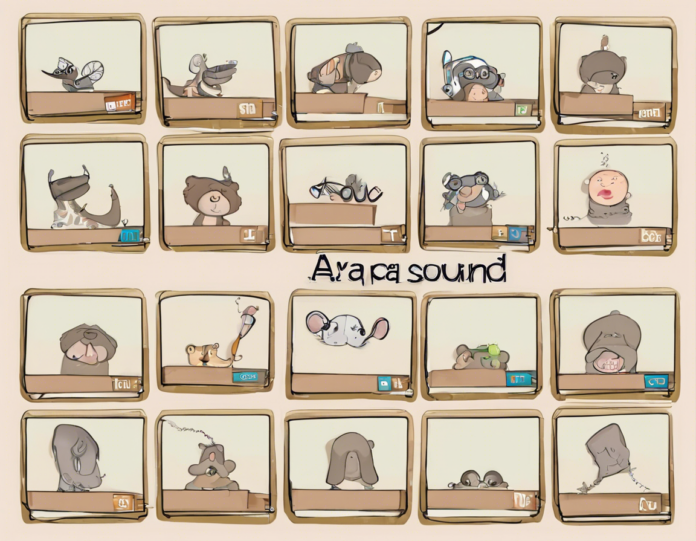When it comes to the English language, vowels play a crucial role in determining pronunciation and meaning. Each vowel has its own distinct sound, and one of the most common vowels is the short A sound. The short A sound is typically heard in words like “cat,” “bat,” and “hat.” This article will delve into the realm of short A sound words, exploring their diversity, usage, and fun applications.
Understanding the Short A Sound
Before we dive into the world of short A sound words, it’s important to have a clear understanding of what the short A sound actually sounds like. The short A sound is a vowel sound that is pronounced in a short and crisp manner. When you say the word “cat,” for example, you can hear the short A sound at the beginning of the word.
Exploring Short A Sound Words
Everyday Short A Sound Words
- Cat: A small domesticated carnivorous mammal with soft fur and retractile claws.
- Bat: Nocturnal flying mammals of the order Chiroptera.
- Hat: A covering for the head, typically with a shaped crown and brim.
- Mat: A piece of coarse material placed on a floor for people to wipe their feet.
- Sad: Feeling or showing sorrow; unhappy.
- Rat: A rodent that resembles a large mouse, typically having a pointed snout and a long, sparsely haired tail.
Short A Sound Words in Action
Learning to recognize and use short A sound words can be an engaging and interactive experience. Here are a few fun activities to help you explore these words:
- Rhyming Games: Encourage children to come up with rhymes for short A sound words, such as “cat,” “bat,” and “hat.”
- Word Hunts: Challenge yourself to find as many short A sound words as you can in a given book or piece of text.
- Storytelling: Create a short story using as many short A sound words as possible to enhance language skills and creativity.
Short A Sound Words in Education
Short A sound words play a crucial role in early childhood education and literacy development. Introducing children to these words can help them build a strong foundation in reading and language skills. Teachers often use short A sound words as part of phonics instruction to improve phonemic awareness and decoding abilities.
Tips for Pronouncing Short A Sound Words
To ensure you are pronouncing short A sound words correctly, keep the following tips in mind:
- Articulate: Emphasize the short A sound by articulating it clearly.
- Practice: Practice saying short A sound words regularly to improve your pronunciation.
- Listen: Pay attention to how native speakers pronounce short A sound words in different contexts.
Frequently Asked Questions (FAQs)
- What are some common short A sound words?
-
Common short A sound words include “cat,” “bat,” “hat,” “mat,” and “rat.”
-
How can I improve my pronunciation of short A sound words?
-
Practice saying short A sound words out loud and pay attention to the position of your tongue and mouth when making the sound.
-
Why are short A sound words important in early childhood education?
-
Short A sound words help children develop phonemic awareness, which is crucial for learning to read and write.
-
Can you provide examples of activities using short A sound words?
-
Rhyming games, word hunts, and storytelling are all engaging activities that involve using short A sound words.
-
Where can I find resources for teaching short A sound words to young learners?
- Websites, educational books, and language learning apps often have resources and activities for teaching short A sound words.
In conclusion, exploring the world of short A sound words can be both educational and entertaining. Whether you are a language learner, educator, or simply someone curious about linguistics, delving into the nuances of short A sound words can enhance your appreciation for the English language. So go ahead, have fun with short A sound words, and let your linguistic creativity soar!

